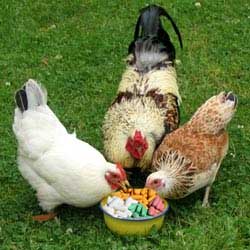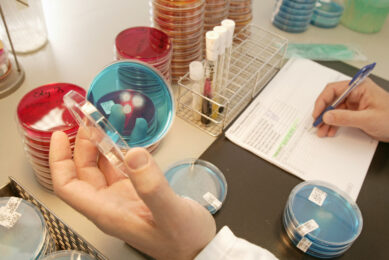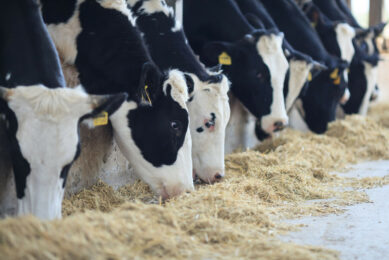Russia: WTO regulations on antibiotics use in feed are insufficient

Russia will not change its policy on the maximum level of antibiotics permitted in meat after becoming of member of the World Trade Organization (WTO), claiming current members are too liberal when it comes to antibiotics in feed.
This is according to reported telephone conversations between Russia’s Gennady Onishchenko, head of Federal Service on Surveillance for Consumer rights protection and human well-being (Rospotrebnadzor) and Paola Koji, the European Commission’s Directorate General for Health and Consumer Protection.
Onishchenko said that Rospotrebnadzor together with the Russian Academy of Medical Sciences presented to the foreign partners the additional scientific justification for keeping the maximum residue levels of antibiotics, of tetracycline group, in meat in line with the Russian hygienic standards of safety.
"The current Russian standards on the use of antibiotics are more stringent in comparison with those of the WTO. It prevents exceeding the permitted daily dose of antibiotics of the tetracycline group. Ideally the use of antibiotics for non-medical purposes should be forbidden. However, the problem is that the worldwide manufacturers use antibiotics, so as to not lose their livestock." Onishchenko said. He also warned that if the volume of antibiotics used in feed is not limited soon it will result in the development of superbugs that will be immune to most drugs.
"In the long-term, everyone understands that we must completely abandon the use of antibiotics and hormones in feed. We have already provided evidence that there should be more stringent regulations in this regard." Onishchenko said, noting that on the issue of use of hormones in growing cattle Russia supports the EU’s position on the need for implementing stricter regulations. Website Rospotrebnadzor said that during the telephone conversations, Koji and Onishchenko discussed cooperation in the field of harmonization of Russian sanitary and hygienic standards with international standards, as well as problems related to the safety of food products supplied to Russia from the EU.











